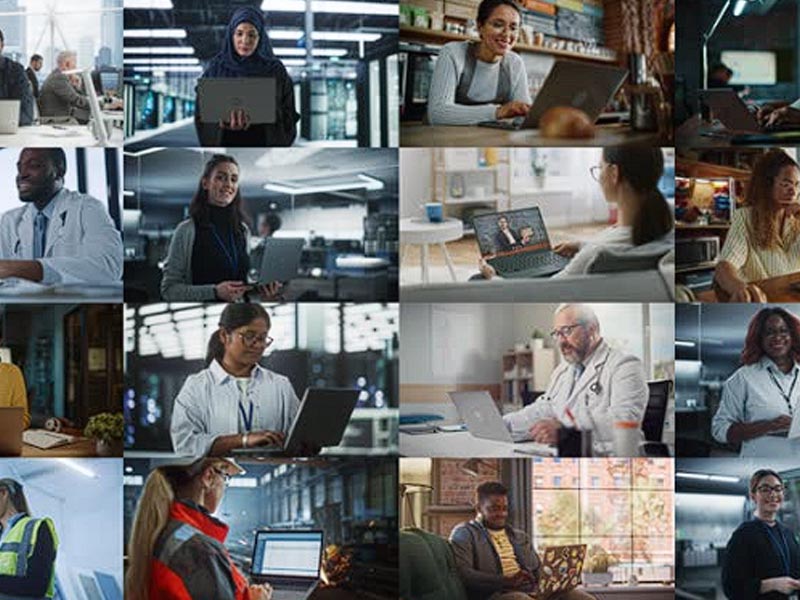Social media is where we interact, communicate, and exchange experiences in today’s hyper connected society. However, there are unwritten standards to abide by in digital settings, just like in any other social contact. Being courteous online is only one aspect of practicing digital etiquette; other goals include preserving healthy relationships, promoting a positive online culture, and safeguarding our mental health. These are some fundamental rules for responsible use of social media and online communication.
- Pay Attention to Your Audience
The audience on each social media platform is different, so it’s critical to think about who might see your messages. Sharing a lighthearted joke on LinkedIn, a site devoted to business networking, may be perceived quite differently than posting it on Twitter. Building the correct connections and preventing misunderstandings can be achieved by adapting your message to the platform and target audience. - Verify Information Before Disseminating
False information spreads swiftly, and disseminating unconfirmed material not only erodes your credibility but also makes the public less knowledgeable. Spend a moment checking your sources, particularly when discussing delicate subjects. You can make sure you’re disseminating accurate, helpful information by doing a fast fact-check. - Show Empathy in Your Responses and Remarks
Online, where tone is frequently ambiguous, it is easy to be misunderstood. Clarity and empathy in remarks and answers can have a significant impact. Remember that there is a real person on the other end of the screen, handle arguments in a positive way, and refrain from using sarcasm that could be misinterpreted. Conversations become more meaningful and trust is increased when people communicate with respect. - Wait Before Angry Posts
Real-time online interactions make it easy to react right away, particularly when feelings are running high. Unwanted encounters can be avoided by standing back and thinking. Wait a while before posting if you’re upset or furious. This “cooling-off” phase gives you time to formulate a proactive rather than reactive answer.
In addition to improving our interactions online, using digital etiquette also shows who we are offline. In a world where social media plays a significant role in both our personal and professional lives, it is worthwhile to develop the ability to use these platforms appropriately. Respecting people’ privacy, having meaningful online interactions, or being careful what we publish are all examples of responsible online conduct that makes the internet a more courteous and upbeat place for everyone.

